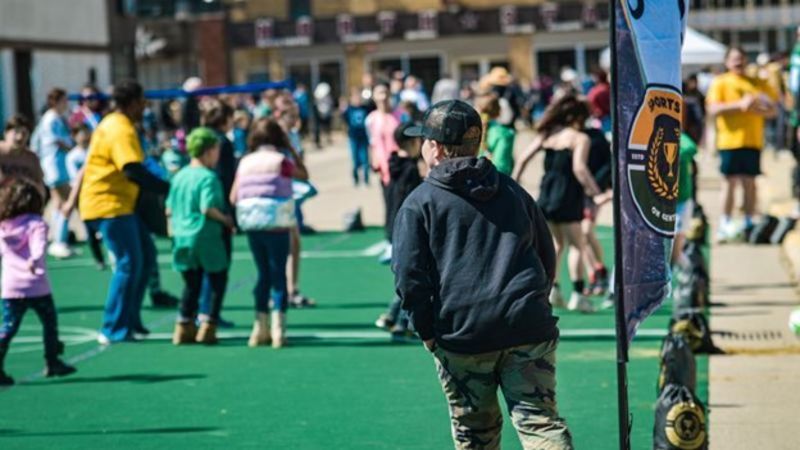
‘It wasn’t safe’: Being trans in rural Saskatchewan
Quinn Loewen’s classmates never knew him by his identity: it wasn’t safe.
He went to Medstead Central School, roughly an hour from the Battlefords and is situated in the conservative village of Medstead.
“I used to hear classmates talk about wanting to shoot people in the face,” he said.
As a transgendered man, he said growing up, he always presented masculine.



